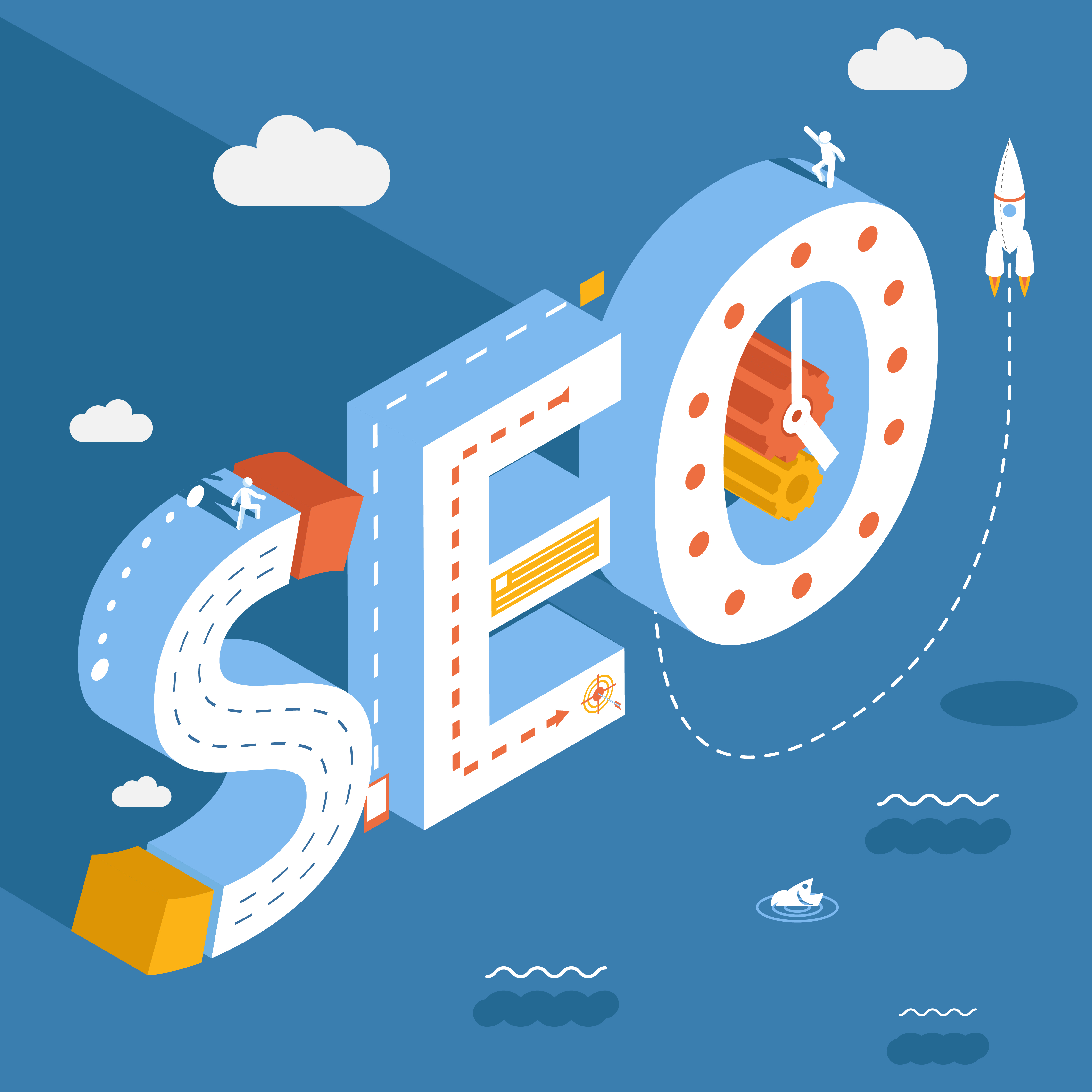On-Page SEO : A Comprehensive Guide with Examples for Best Results

On-page SEO is a crucial part of optimizing your website for search engines and improving your online visibility. By following best practices and implementing each method, you can improve your website's ranking in search engine results pages and attract more organic traffic. Let's dive into some examples of how to implement each method for best results:
Conduct Keyword Research
To effectively optimize your web page, it's essential to conduct keyword research to identify relevant keywords. For example, suppose you're optimizing a web page for a kitchen appliance. In that case, you can use Google Keyword Planner to identify high search volume keywords like "best kitchen appliance" or "kitchen appliance reviews." Additionally, you can use SEMrush to identify keywords that your competitors are ranking for and use them in your content.
Optimize Page Title and Meta Description
The page title and meta description are crucial on-page elements that can significantly impact your click-through rate. For example, suppose you're optimizing a web page for "best kitchen appliances." In that case, you can use the relevant keyword in the page title and meta description, like "The Top 10 Best Kitchen Appliances of 2021 - Reviews and Buying Guide." Using action-oriented language like "buy now" or "get the best deals" can also help entice users to click through to your web page.
Use Headers and Subleaders
Headers and sub headers are essential for organizing your content and making it easier for both users and search engines to understand your web page's structure. For example, if you're creating a web page about "best kitchen appliances," you can use an H1 tag for the main title of the page and H2 or H3 tags for subheadings like "The Top 5 Best Refrigerators" or "The Best Cooking Appliances for Your Kitchen."
Optimize Content for Keywords
Optimizing your content for keywords is crucial for ensuring that your web page is relevant and valuable to your audience. For example, suppose you're creating a web page about "best kitchen appliances." In that case, you can use the relevant keyword throughout the content in a natural way, like "The best kitchen appliances are the ones that provide both functionality and design." Additionally, using related terms and synonyms like "cooking equipment" or "kitchen tools" can also help improve the relevance of your content.
Use Internal and External Links
Using internal and external links is crucial for improving your web page's credibility and authority. For example, suppose you're creating a web page about "best kitchen appliances." In that case, you can use internal links to link to other pages on your website that provide more information about each appliance. Additionally, you can use external links to link to authoritative sources like consumer reports or manufacturer websites.
Optimize Images
Optimizing images is essential for ensuring that your web page loads quickly and doesn't negatively impact user experience. For example, compressing the image size, adding descriptive alt text, and using descriptive file names can help improve your website's ranking in search engine results pages. Using the relevant keyword in the alt text like "best kitchen appliances" can also help improve your web page's relevance.
Ensure Mobile-Friendliness
Ensuring that your web page is mobile-friendly is crucial for reaching a broader audience and improving user experience. For example, using responsive design and making sure that the content is easy to read and navigate on a mobile device can help improve your website's ranking in search engine results pages and increase user engagement.
Monitor and Improve
Monitoring your web page's performance is essential for identifying what's working and what needs improvement. For example, using tools like Google Analytics or Google Search Console can help you analyze your web page's ranking, CTR, bounce rate, and engagement metrics. From there, you can make improvements accordingly, like testing different variations of your title, meta description, and content to see what works best for your audience.
Ready to optimize your website for improved online visibility and attract more organic traffic? Schedule a free digital marketing audit today to implement on-page SEO best practices that align with your business goals. By prioritizing valuable and relevant content creation and following each method we discussed with relevant examples, you can increase your website's ranking in search engine results pages and gain a competitive edge in your industry. Don't miss out on the benefits of on-page SEO, take action now to ensure long-term success for your website.
Image by macrovector on Freepik


